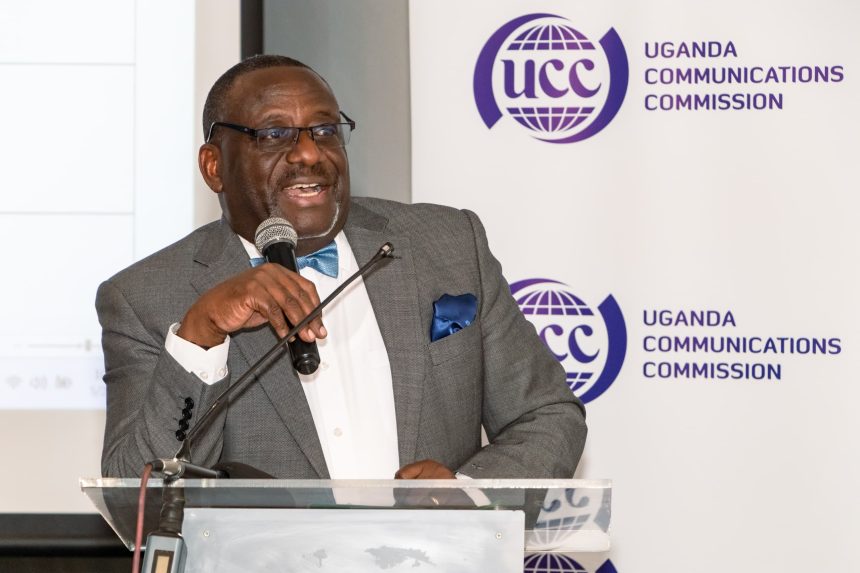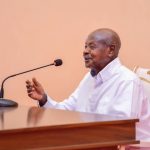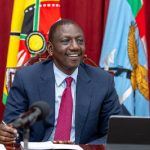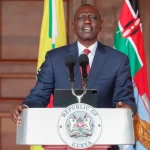The Uganda Communications Commission (UCC) a body that grants licenses to media houses and other communication operators on top of regulating them in Uganda has issued a two-month ultimatum for online media operators to register warning of potential shutdowns for non-compliance. This move aims to bring regulation and oversight to the digital media platform.
These include “online TVs”, “online publications” “online radios” and other internet and app-based channels.
UCC says that there are more than 200 of the kind in the country but only 35 are licensed to operate despite being required to pay a registration fee of only 100,000 shillings.

These are categorized as online data communications services, while, for online content service providers like those who offer subscription viewer services, only three have registered, according to Abudu Sallam Waiswa, Head of Legal Affairs at UCC.

This was at a dialogue between UCC and online media practitioners aimed at streamlining working relationships between the two groups.

Dr. Waiswa explained that the requirements for registration were eased to enable more online media companies to embrace regulations, with a license for online communications service providers only required to pay Ug. 100, 000 Shillings per year, while the online content providers pay 8,100 dollars (about 30 million shillings).
He however, urged all proprietors to first meet all the government requirements including a company registration certificate, and a tax identification number, and fulfill the employee regulations like contact letters and National Social Security Fund-NSSF obligations.
Waiswa urged the owners and managers to ensure their channels are regularized through registration to avoid legal repercussions that may include closure.
However, after several concerns about the deadline which will include first meeting other requirements by different state agencies, the media practitioners and UCC agreed on two months to complete the process.
George William Nyombi Thembo, UCC Executive Director, expressed the need to professionalize the media industry which would also enable them a self-regulation mechanism.
He said the dialogue is aimed at agreeing on a way forward to enhancing professionalism in the media.

He said the effort is aimed at ensuring the protection of all, including the vulnerable from what might be dangerous media practices.








